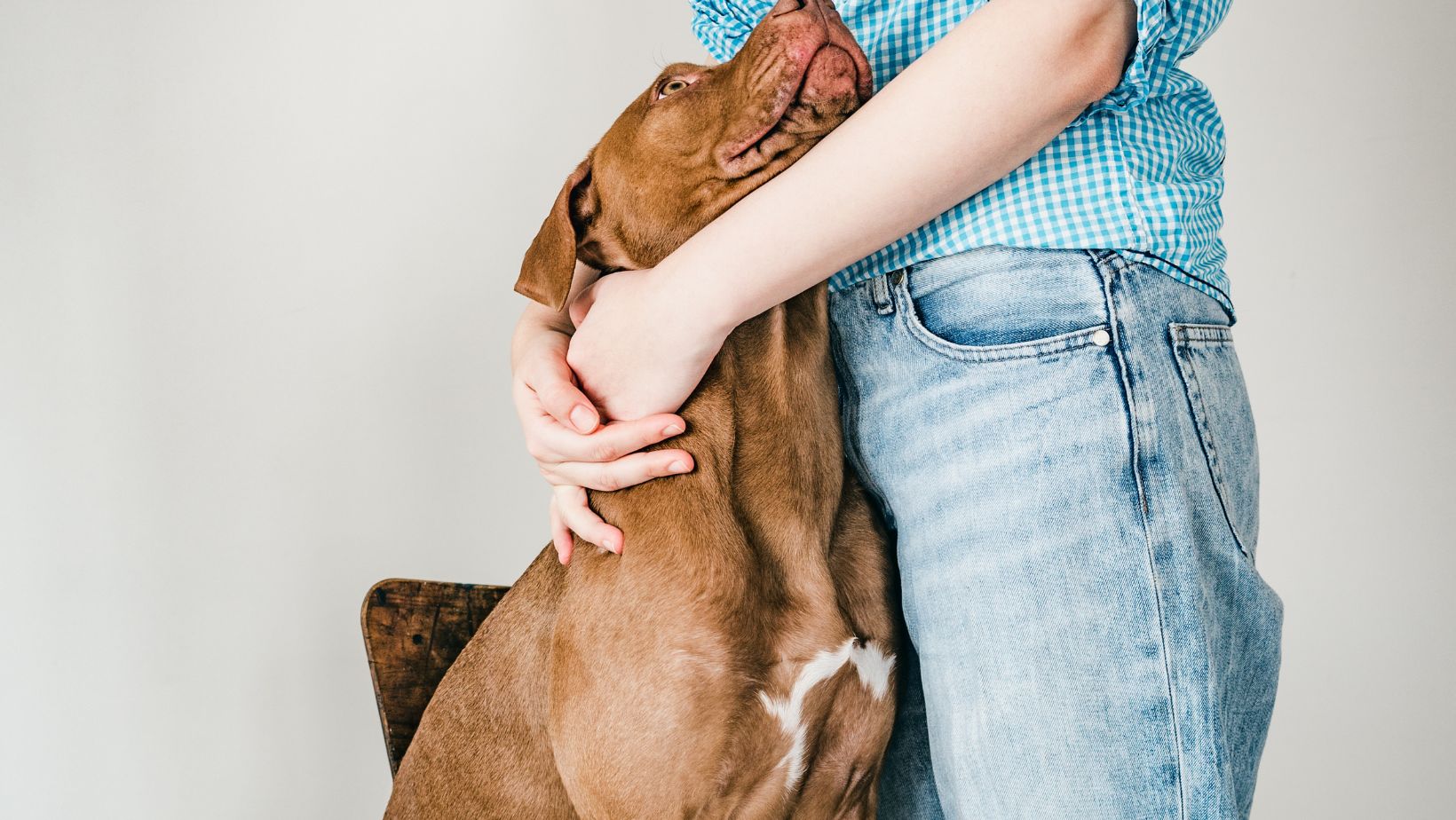How to Potty Train an Older Dog
Potty training an older dog can be a challenging task, but with the right approach and timing, it is definitely possible. When it comes to potty training a Labrador, understanding the best time to start is key. In this article, I’ll share some valuable insights on how to successfully potty train an older dog and provide guidance on when to begin this important process with your Labrador.
The importance of potty training for older dogs cannot be overstated. It is a crucial aspect of responsible pet ownership and can greatly improve the quality of life for both you and your furry friend. When it comes to potty training an older dog, there are a few key reasons why it should be a top priority:
- Establishing good habits: Just like humans, dogs thrive on routine and consistency. By potty training your older dog, you are helping them develop good bathroom habits that will promote cleanliness and hygiene in your home.
- Preventing accidents: Accidents happen, but they can become more frequent as dogs age if they haven’t been properly trained. Potty training helps prevent embarrassing mishaps and keeps your floors clean and odor-free.
- Strengthening the bond: Training sessions provide an opportunity for you to spend quality time with your furry companion, building trust and strengthening your bond. The process of teaching them where to go potty creates a sense of understanding between you and establishes clear communication.
- Reducing stress: For older dogs who may already be dealing with health issues or anxiety, having a consistent potty routine can help minimize stress levels. Knowing when and where to go eliminates any confusion or uncertainty, promoting a calm and relaxed environment.
- Enhancing their well-being: A properly potty-trained dog is happier and healthier overall. They are not only physically comfortable but also mentally at ease knowing that they have a designated spot to relieve themselves.
Understanding the Challenges of Potty Training an Older Dog
Potty training an older dog can present unique challenges compared to training a younger pup. It requires patience, consistency, and understanding of your dog’s individual needs. In this section, we’ll delve into the specific challenges you may encounter while potty training your furry friend and provide some insights on how to overcome them.
- Establishing New Habits: Older dogs may have already developed habits and routines that differ from what you desire for potty training. They might be accustomed to eliminating indoors or in certain areas of your home. Breaking these established habits can take time and effort. Consistency is key here – establish a clear routine with set times for bathroom breaks, rewarding your dog each time they go outside.
- Physical Limitations: As dogs age, they may experience physical limitations such as arthritis or reduced bladder control, which can make it more challenging for them to hold their bladder or signal when they need to go out. Be patient with your older dog and understand that accidents may happen initially as they adjust to the new routine.
- Previous Negative Experiences: Some older dogs may have had negative experiences related to potty training in the past, leading to anxiety or fear associated with elimination behaviors. Approach the training process with empathy and positive reinforcement techniques to help rebuild trust and create positive associations.
- Medical Conditions: Certain medical conditions like urinary tract infections or diabetes could contribute to frequent urination or accidents in older dogs. If you notice any sudden changes in behavior or bathroom habits during potty training, it’s important to consult with a veterinarian who can assess your dog’s health.
- Patience is Key: Potty training an older dog requires patience above all else.
Essential Tools and Supplies for Potty Training
When it comes to potty training an older dog, having the right tools and supplies can make all the difference. Here are some essential items that will help you in your journey to successfully train your Labrador:
- Dog Crate: A dog crate is a valuable tool when potty training an older dog. It provides a safe and comfortable space for your Labrador while also helping to establish a routine. Make sure to choose a crate that is appropriate for your dog’s size and breed.
- Puppy Pads or Doggy Grass: Puppy pads or doggy grass can be used as designated bathroom areas for your dog during the training process. These absorbent pads or patches of grass help minimize accidents around the house and provide a consistent spot for your Labrador to relieve themselves.
- Treats: Positive reinforcement plays a crucial role in potty training any dog, regardless of age. Have some tasty treats on hand as rewards for good behavior during bathroom breaks. This will help motivate and encourage your furry friend throughout the training process.
- Leash and Collar: When it’s time to take your Labrador outside for bathroom breaks, ensure you have a sturdy leash and collar on hand. This allows you to maintain control over your dog while giving them the freedom they need to do their business outdoors.
- Enzyme Cleaner: Accidents happen, especially during the initial stages of potty training an older dog. An enzyme cleaner is essential in removing any odors from accidents, preventing repeat incidents in the same area.
- Patience and Consistency: While not physical tools per se, patience and consistency are vital components of successful potty training with an older dog like a Labrador.
